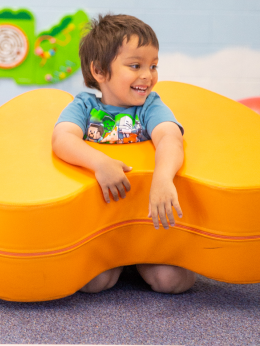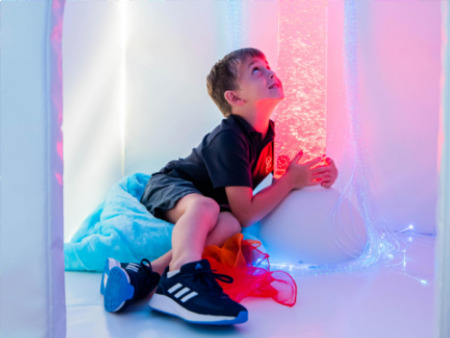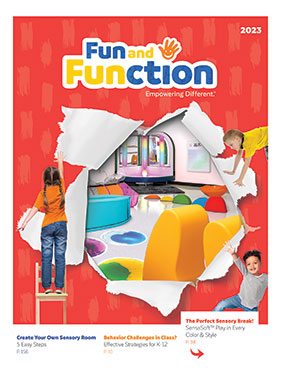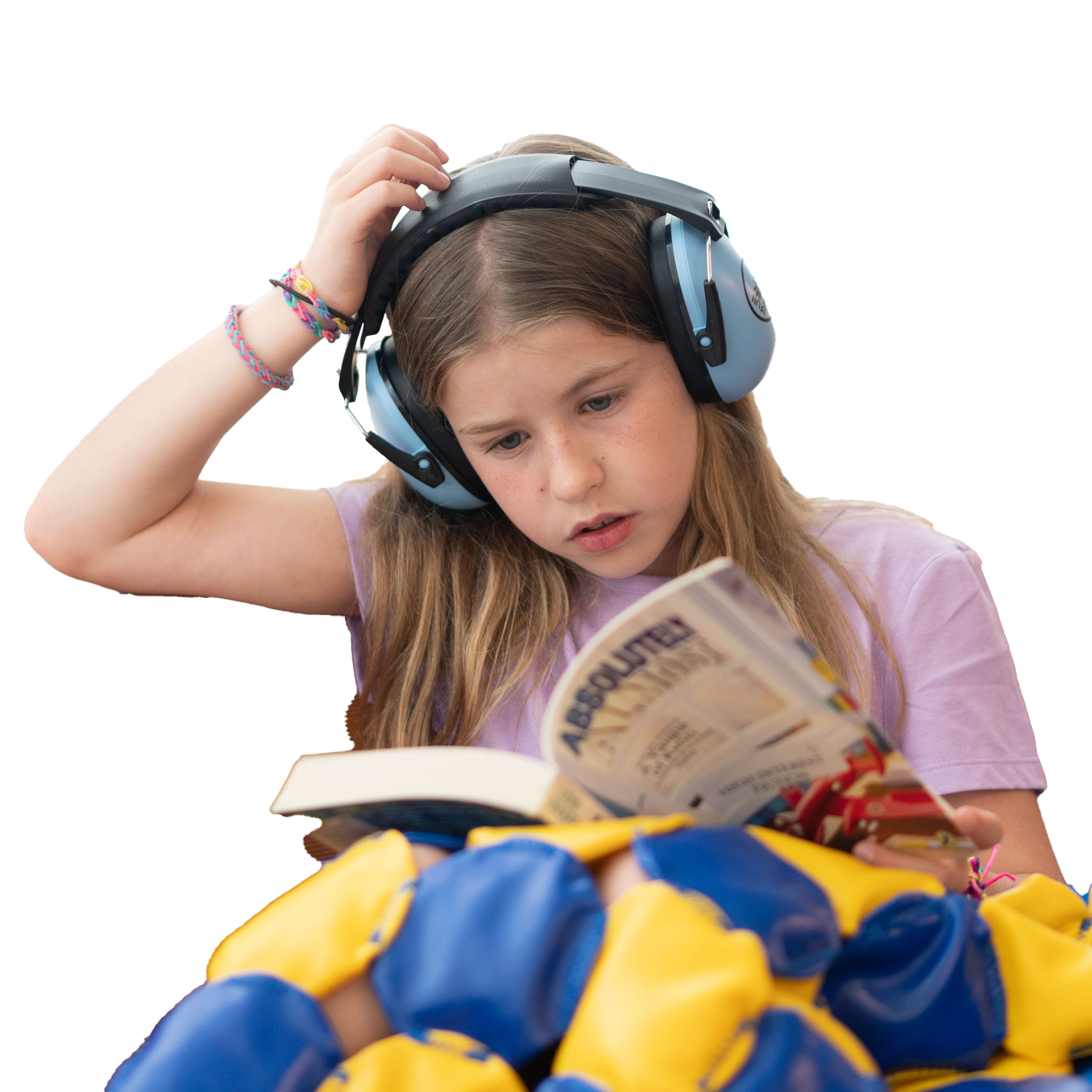When you are in a crowded and noisy environment you may have seen your child cover their ears or express other signs of frustration, such as banging a hand on the side of their head or even biting themselves. You might wonder if getting so overwhelmed and overstimulated by noise is a sign of autism.
Sensory Processing Disorder and Noise Sensitivity
When a child has a sensitivity to sound but otherwise appears to behave typically both socially and academically it might not be a sensory processing disorder. They might just have particularly sensitive ears. Some noises annoy everyone but we can easily block them out and continue on our day. If noises are so intrusive that they cannot ignore or function around them, it might be a sign of hyperacusis– increased sensitivity to sound that is not in the range of typical. This type of sensory processing disorder can make children anxious and dysregulated when they are in loud environments with unpredictable noises.

Autism and Sound Sensitivity
Children with autism often have a concurrent sensory processing disorder (up to 90%), and people often confuse the symptoms of a sensory processing disorder with autism. It is important to receive a professional diagnosis before assuming that a child with altered sensitivity has autism. If your child has an autism diagnosis and is experiencing difficulty with tolerating sounds there are several things you can do to help them cope and prevent sensory meltdowns. Similarly to those with a sensory processing disorder, children with autism may have a difficult time tolerating unpredictable and loud noises.
Sensory Solutions for Sensory Overload
Addressing your child’s hypersensitivity to sound will help them tolerate daily activities that previously felt overwhelming. Depending on the situation there are a variety of strategies you can use. Special headphones, such as our Noise Reduction Headphones for kids , are an extremely popular tool to help reduce sensory overload. They reduce surrounding noise by up to 20 decibels while allowing you to hear and participate in nearby conversations. You can use these anywhere that is too loud for your child.
Planning ahead can also make a difference. Find out when stores have quieter hours for shopping. You can even ask if they will let you and your child come in early, while they set up for the day. Before a family event, ask the hosts if there is a room your child can go to for a quiet break. Opt for scissors instead of an electric shaver when giving your child a haircut.
Even with planning and sensory tools on hand, your child may have a sensory meltdown. Remove the source of the noise or go to a quieter place, reduce any other aggravating sources of sensory input, and apply deep pressure (if your child likes that) to help them regulate.
We’d love to hear your strategies and questions about noise sensitivity and sensory processing disorders/autism. Share them in the comments or reach out to customercare@funandfunction.com .
Check out our collection of noise reducing headphones to help with sensory overload.



















Comments